Environmental fiction? It sounds new, but it’s not.
The stories, sometimes called eco-fiction, are often dystopian—a world gone bad through its inhabitants’ disrespect. But other than the environmental theme, eco-fiction tends to reinforce conventional hero myths. The hero and his or her pure intentions move the story its conclusion. Bad guys and/or bureaucrats destroy the environment, and good guys fight to save it. Whether villain killing the earth or hero saving it, the characters see the world as their dominion to be cared for or crushed. Humans in charge, sculpting the planet as they see fit. Just like training a dog.
Recently I read three novels about the natural world that each ask a more probing question. What if we are not the boss of the environment, but merely a part of it? Just another plant, animal, fungus existing atop the earth’s surface. What is the literary genre where characters do not destroy or save the earth, but simply live at its whim? A more chilling kind of eco-fiction?
In Scott Smith’s The Ruins, it’s not humans destroying the environment, it’s the environment attacking them. Jeff VanderMeer’s Annihilation paints a picture of nature itself with our selves in an ever-propelling evolution. Cormac McCarthy’s Blood Meridian portrays earth as a dispassionate energy swirl inside a timeless existence, bearing no clear purpose, no beginning, no end.
Each of these stories twists our understanding of the hero and his world. Each explores humans not as do-gooders, but as pieces of a vast and intimate landscape.
The Ruins, by Scott Smith
The Ruins tells of six men and women sharing a vacation on Mexico’s Yucatan peninsula. They bond loosely and share vacation adventures like surfing and snorkeling until one day one of them tells the others his brother is missing. They had been traveling together until the brother fell in love with an archaeologist and followed her to a dig deep in the jungle. He’s not returned, and the brothers are scheduled to fly home in a few days. The vacationers go into the jungle to look for him.
Like in any jungle, they find a world where stuff grows on top of stuff, each thing feeding on another. As the vacationers venture forward, civilization slips away. They squabble. They make bad decisions. They encounter a village of Mayans who do not speak their language. And vines leaking a kind of hot acid grow all around them. And the vines don’t stop growing, as if the vacationers being there gives the plant strength. As if this world is its dominion.
The Ruins is eco-horror. The story is told with an eeriness that crawls all over you and you can’t shake off, about vacationers being caught in a web they cannot comprehend.
Annihilation, by Jeff VanderMeer
Smith’s Yucatan jungle is a familiar world with hidden secrets. In Annihilation, Jeff VanderMeer assembles a world comprised of out-of-place juxtaposition. Known as Area X, this world shows itself as a projection of the POV character’s mind. She is the botanist. She never gives her name. None of the scientists on the mission do, for fear of contaminating their objectivity. Slowly, Area X starts to claim them. While other expedition members are killed or die, the botanist begins to absorb into Area X, surviving as some sort of being beyond her own self. The expedition begins with the scientists thinking they are stewards of the natural world. It doesn’t end that way.
Annihilation throws over objective science for romantic science: the understanding that scientists cannot rely on objective observation alone. They must also explore the world through subjective engagement. Only by integrating observer and observed do we understand.
Heart and brain comprehend as one.
Blood Meridian, by Cormac McCarthy
Cormac McCarthy’s Blood Meridian tells of the Glanton Gang’s sojourn of rape and murder through the 1850’s borderlands of the United States and Mexico. This panoramic epic is equal parts grim philosophy, torturing landscape, and human depravity.
The Glanton compadres play the story’s main characters, even though they don’t show up until a third of the way in. They are the novel’s characters, but not its story, existing more as backdrop inside a bigger landscape. The real drama is the harsh, unforgiving desert and its poor regard to such “civilized” notions as morality, proper behavior, and justice.
The book’s an epic slice of Americana stripped raw of melodrama and patriotic correctness. It digs into a landscape where platitudes are nothing more than lies. No human conceits apply. Just the flow of landscape, the sweep of wind, and the way all things evolve toward insignificance.
It could be happening now.
The Fictional Self and the Fiction of No-Self
I like these bold pursuits. Fiction that portrays landscape as hero. These books grow into a different kind of eco-fiction. More a fiction of No-Self.
Consider that: no self.
Consider that whoever you think you are, you really are not.
Consider that you exist in a world where you don’t exist. At least not the “you” you think you are.
As a way to survive and as a way to reinforce our egos, we each create personal stories. Little heroic epics we recite to explain who we are. They’re not true. They’re no truer than a mirage on the horizon, which we approach only to see it disappear before we reach it.
No, not disappear. The ego does not disappear because it was never there in the first place. Not now. Not later. Nor was it ever.
These three novels explore the premise that we are not the masters of the earth, but just one of the many life forces that keep it going. There is no self, no us. Only the energy created by our absorbing and being absorbed in the world.
No-Self novels? Maybe there is no such thing. Nothing exists, so how could there be? But these are mind-bending books just the same. Read them. Lose your self in them.
Byline
Jim Ringel is the award-winning author of 49 Buddhas: Lama Rinzen in the Hell Realm, the first in his Buddhist detective series. You can follow Jim on his blogs at jimringel.com and WritingLikeaBuddha.com.











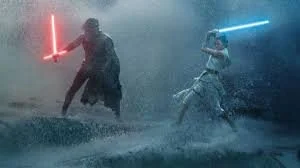

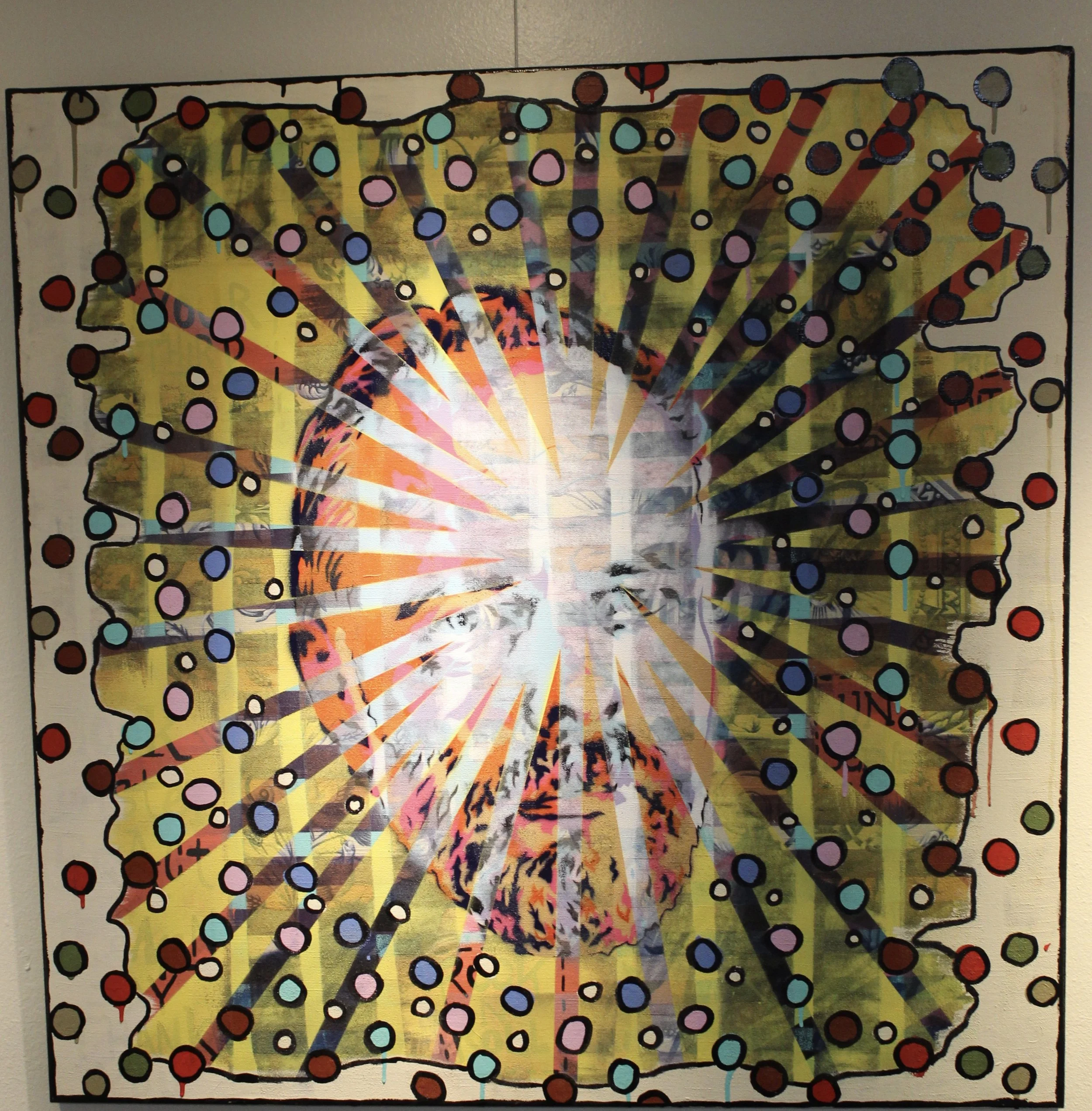
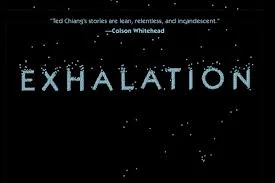












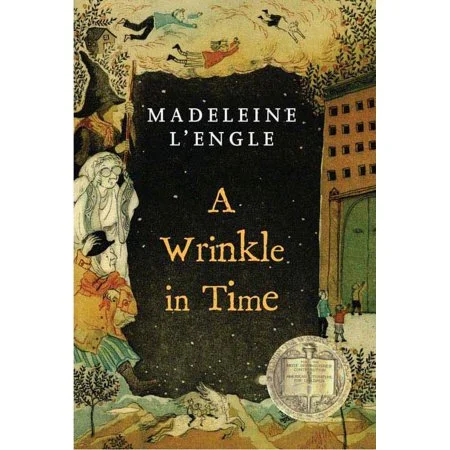




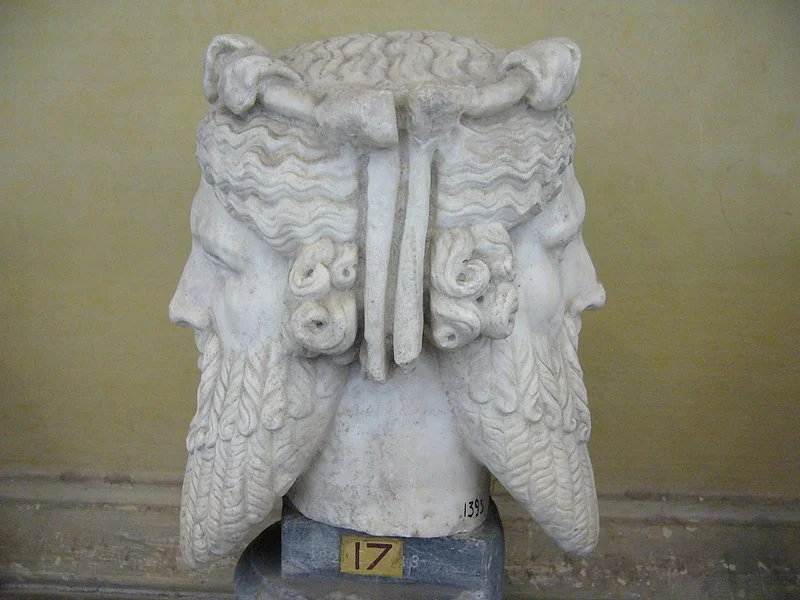
There is so much out there to read, and until you get your turn in a time loop, you don’t have time to read it all to find the highlights.